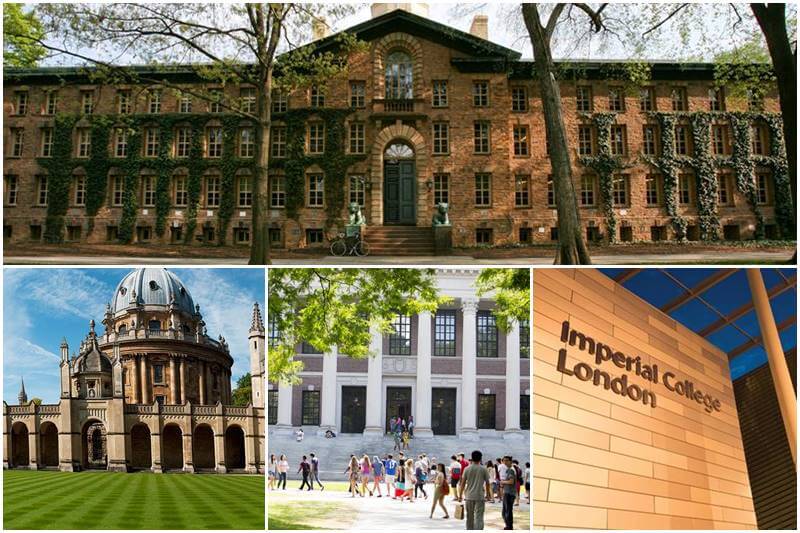Here are some tips and advice for students who planned to study abroad and are affected due to Covid-19 lockdown
This is an unprecedented time of concern and uncertainty. With many countries across the world in lockdown, and schools and university campuses closed, here are some tips and advice for students who planned to study abroad and are affected due to COVID-19
1.Be reassured
Like many universities across the world, is keen to reassure applicants and holders that the university is doing everything it can to limit the impact Covid-19 may have on current applications to study in 2020-21. Universities around the globe are working on ways to offer applicants and holders as much reassurance as possible as the situation develops.
2. Keep in touch and interact with your university/ agents
Whilst lockdown may currently prevent physical attendance, there are still many ways to interact
Interact online to your university/ agents though email/ WhatsApp/ skype or any communications that have been sent to you
Stay in touch with the universities you have applied with details of your specific circumstances (e.g. if your examinations have been cancelled) and ask them for the further process and requirements. Check out if the university has online webinars, connect with them or the agents and get the doubts clear to get the clear picture of the scenario there in their country.
Attend Virtual Open Days: many universities offer virtual open days or tours to really give you a feel for the university
YouTube channel – does your university have a You Tube channel? If so, it’s a great way discover more.
3. Qualifications, applications and admissions
Some Universities are still accepting applications for admission. As there are cancellation or postponement of examinations – including international A-levels, the IB and Indian Standard XII which is causing anxiety to many applicants and offer holders. We would recommend that you contact your school/university/agent for further information on the impact this may have on your studies.
4. Complete your application
It is important that students complete the application process and follow the next steps of the application process:
- Accept your offer of admission (eg: through UCAS or your university’s application portal)
- Complete your English language qualification either online
- Pay your deposit to secure your place (some universities will refund in extenuating circumstances including not being able to travel here due to COVID19 but do check with your university if this is the case.)
- Book your accommodation (again, check your university’s refund policies)
- Think about organising your visa – get in touch with your local visa application centre or the agents.
- Be aware that failure to complete the process could result in students not being able to secure a place on the course/accommodation /or getting a visa in time.
5. Prepare for English language assessments
Continue to prepare for English language assessments as they will still be required.
Many universities have developed an online provision for English Language Testing. Conditional offer holders who have already met academic requirements, but still need to satisfy the English Language requirements of their offer either they will be invited to register for the test or can give the Duolingo test, or the IELTS Indicator test( need to confirm this with your university as to which test they will accept)
6. Research some good news
Universities across the world are actively supporting global efforts regarding Covid-19. They are leading new research projects to address Covid-19, supporting local, national and international efforts to expand their knowledge of the pandemic and deploying this enhanced intelligence to develop solutions that will benefit our society both locally and globally.
Take time to read about some of the work by the universities to fight this global pandemic and the how students across the world are working on the frontline.
7. Take time to find out more
Take the opportunity to do more detailed research in to your chosen universities and think about what you might want to do when you get there. Take a closer look at the clubs and societies on offer and consider new sports or opportunities you may wish to try.
8. And finally, be ready!
Be prepared to act quickly if and when decisions are made about start dates. When your place is confirmed, you will need to arrange accommodation and travel.

